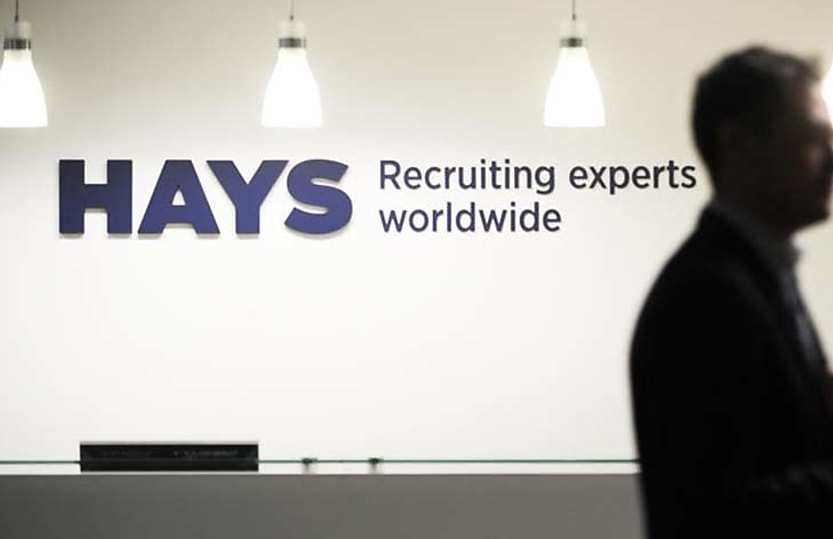Accountants flag pay rise at ‘top career priority’ for 2023

The rising cost of living is increasing expectations of a pay rise among accountants and financial professionals, with 96 per cent expecting a salary increase at their next review.
The overwhelming majority of accountancy employers plan to increase their salary after their next review, according to recruitment firm Hays.
The Hays Salary Guide found that 60 per cent of accountants are expecting a pay rise of at least 7 per cent.
It also found that two thirds of accountants plan to ask their employer for a pay rise.
“We’re calling this the year of the raise, where the promise of higher salaries reflects the intensity of the skills shortage in today’s jobs market,” said David Cawley, Regional Director of Hays.
“This year, both the number and value of increases will rise, continuing the upwards trajectory we first noted in last year’s Hays Salary Guide.
Despite the increased salary boost, employers and their accountancy employees’ expectations still fail to align, according to the recruitment firm.
"Many employees feel undervalued and underpaid. They feel their current salary doesn’t reflect their individual performance,” said Mr Cawley.
The Hays Guide showed that only around one in five employers intent to award employees a pay rise of seven per cent or more.
Salary is a key driver of employer turnover with the rising cost of living and uncompetitive salary two of the top reasons for employees leaving their current position.
A pay rise was listed as one of the top career priorities alongside flexible work and leaning or developing skills.
“The recruitment and salary intentions of employers are notable this financial year,” said Mr Cawley.
“The overall trend suggests that many believe investing in their workforce, such as through salary increases, headcount expansions and upskilling, is key to success.
“To stand out in the race for talent, also review the benefits you offer. Consider what else you can offer to attract and retain talent, such as opportunities for growth, wellbeing days, additional annual leave, improved recognition, work-life balance or a more positive work environment.”
Pay decisions a now ‘balancing act’ for employers
Director at Robert Half, Nicole Gorton said despite the the rising cost of living and the skills shortages in the market, employers are taking a more cautious approach to to remuneration by predominantly rewarding salary increases based on the performance of their business.
Ms Gorton said that salaries were unlikely to continue to rise at the rate they have for the past two years.
“Pay-related decisions have become a balancing act. Businesses need to ensure they are keeping pace with the market rate of roles they are recruiting for and roles that their staff currently hold to avoid losing the skill sets they need to stay ahead of their competitors. But at the same time, they are increasingly scrutinising who receives how much extra pay given the changes in the market.”
The firm said keeping up with remuneration trends is particularly important as 70 per cent of companies indicated they are planning to offer more benefits this year, while 67 per cent said they allow employees to swap a proportion of their salary in return for more perks.
The most common benefits offered were:
- Flexible work schedules (60 per cent)
- Mental health programs (55 per cent)
- Remote work options (52 per cent)
“With businesses putting careful thought and consideration into who will receive a financial incentive in 2023, many employers are turning to benefits as a substitute when a monetary increase cannot be offered,” said Ms Gorton.
“Companies would benefit from looking beyond salary and considering the overall employee experience that differentiates them from their competitors and offsets the absence of a higher salary or pay increase.”
About the author







